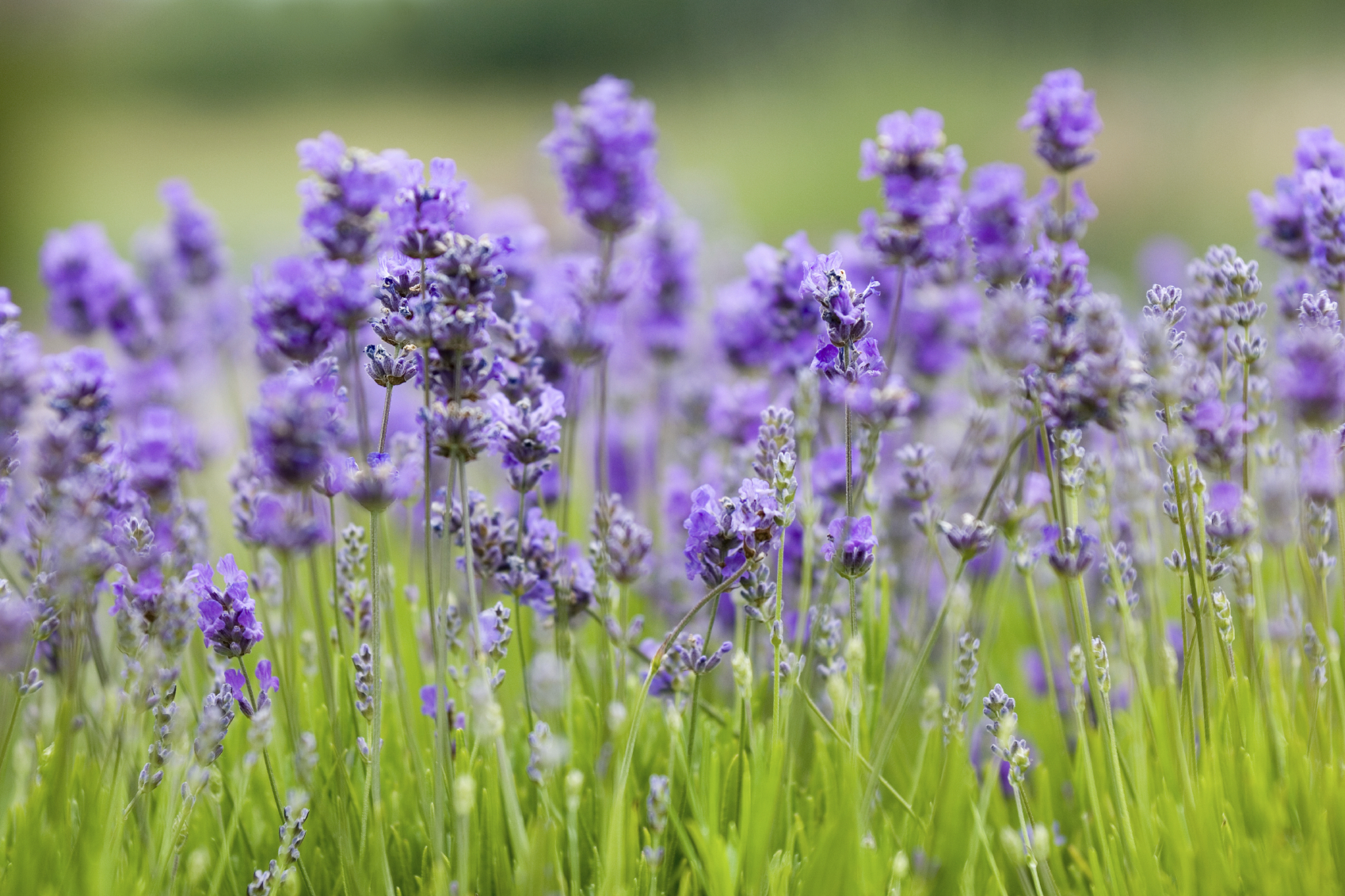
04 Nov Learning to Flow: Getting Engaged & Absorbed
Have you ever been so immersed in what you were doing that all distractions and background chatter just fell away? Nothing existed except the brush and your painting, your snowboard and the slope, the music and dance floor. Mihaly Csikszentmihalyi, a renowned professor of psychology at Claremont Graduate University, calls that state of intense absorption “flow.”
For decades, he explored people’s satisfaction in their everyday activities, finding that people report the greatest satisfaction when they are totally immersed in and concentrating on what they are doing. In studies by Csikszentmihalyi and others, flow experiences led to positive emotions in the short term, and over the long term, people who more frequently experienced flow were generally happier.
Researchers have also found that people vary in how much they value having flow experiences, and in how easy they find it to enter flow. No matter what your natural tendency, recognizing how flow occurs (or doesn’t) in your life and creating opportunities for more flow experiences can be a potent route to increased happiness.
What is flow?
Flow experiences have several common characteristics:
You lose awareness of time. You aren’t watching the clock, and hours can pass like minutes.
You aren’t thinking about yourself. You aren’t focused on your comfort, and you aren’t wondering how you look or how your actions will be perceived by others. Your awareness of yourself is only in relation to the activity itself, such as your fingers on a piano keyboard, or the way you position a knife to cut vegetables, or the balance of your body parts as you ski or surf.
You aren’t interrupted by extraneous thoughts. You aren’t thinking about such mundane matters as your shopping list or what to wear tomorrow.
You have clear goals at each moment but aren’t focused on the goal line. Although you may be working toward an ultimate goal, such as earning a graduate degree, making a wedding cake, or winning a chess tournament, that goal is not your primary motivation. Rather, you find the activity itself to be rewarding.
You are active and in control. Flow activities aren’t passive, and you have some control over what you are doing.
You work effortlessly. Flow activities require effort (usually more effort than what is involved in typical daily experience). Although you may be working harder than usual, at flow moments everything is “clicking” and feels almost effortless.
You would like to repeat the experience. Flow is intrinsically rewarding, something you would like to replicate. A study of people who hiked the full length of the Appalachian Trail reported that 60% experienced flow, usually on a daily basis, and more than 80% expressed a desire to hike the trail again. In rating the things they enjoyed, the hikers said they enjoyed the experience and activity itself, as well as using their skills. In contrast, external factors, such as competition with others and the prestige of completing the trail, were rated last in what made the experience enjoyable.
Flowing through the work flow
If asked whether you enjoy your time at work or your time at leisure more, you’d probably answer your time at leisure. But interestingly enough, flow-producing situations occur more than three times as often when people are working as in their leisure time.
With this in mind, try to identify and acknowledge the pleasure you derive from work. Look for moments of engagement and satisfaction on the job. Think and talk about your job in terms of challenge and engagement rather than drudgery and obligation. Encourage your children and loved ones to experience the joy that can occur in work or learning.
Another way to become more engaged and happier at work is to increase the challenge and skill involved in tasks that ordinarily don’t result in flow, such as paperwork, filing, or assembly-line work. When doing something you consider boring, can you raise the bar for your performance by setting small goals, adding some mental games, or otherwise enhancing a task that doesn’t require your full attention? Inventing your own challenges can also give you a sense of control in a work environment that may otherwise provide little autonomy.
One disappointment revealed by research was how little of people’s leisure time is spent in flow. In the study, driving was the most uniformly positive flow experience, while watching TV was far more likely to be non-flow time. Watching TV may be relaxing (and sometimes you may truly need some downtime), but it isn’t particularly satisfying. If you suspect you spend too much time watching TV, look for leisure activities that involve using your skills (carpentry, sports, artwork, music) and see how you feel afterward. Try a mix of physical activities, social interactions, and hobbies that require skill or provide a richer sensory experience.
When an activity itself—say, dusting or waiting in line at the bank—isn’t likely to be flow-inducing, you can still create your own opportunity for flow. Stop and find ways to experience the moment. What do you hear? Are the birds singing? What do you feel? Your breath? Or the breeze on your skin? Or focus on how your weight shifts as you stand. By focusing on the sensations of the moment, rather than thoughts about what’s happening, you’re more likely to be engaged and experience flow. When you chat with friends or family members, make these conversations more engaging by asking questions that lead to thoughtful answers rather than assuming you already know their biography, opinions, and approach to life. Actively listen to what they are saying and try to learn something new.
Exercise: Matching your skill factor
To identify flow activities, spend several days alternating leisure activities that involve skill and those that don’t. Try Scrabble or chess one day, TV or an easy word puzzle the next; discussion of politics or literature versus relaxed conversation; or reading a biography versus browsing a lay magazine. Keep notes on how you feel after the activity and the next day. If you find that the more challenging activities are more absorbing and leave you happier and more satisfied, keep that in mind the next time you have a choice of how to spend your leisure time. Go with the flow!”
If you or someone you know could benefit from naturopathic support, feel free to drop me a line on the “contact us” page on this site. I treat patients locally at my Naturopathic medical practice in Vancouver, B.C. and worldwide via phone or Skype.
To honoring your health potential!
Dr Tasnim Adatya
Licensed Naturopathic Physician, Menopause Clinician, Acupuncturist, Author, and Health Educator

